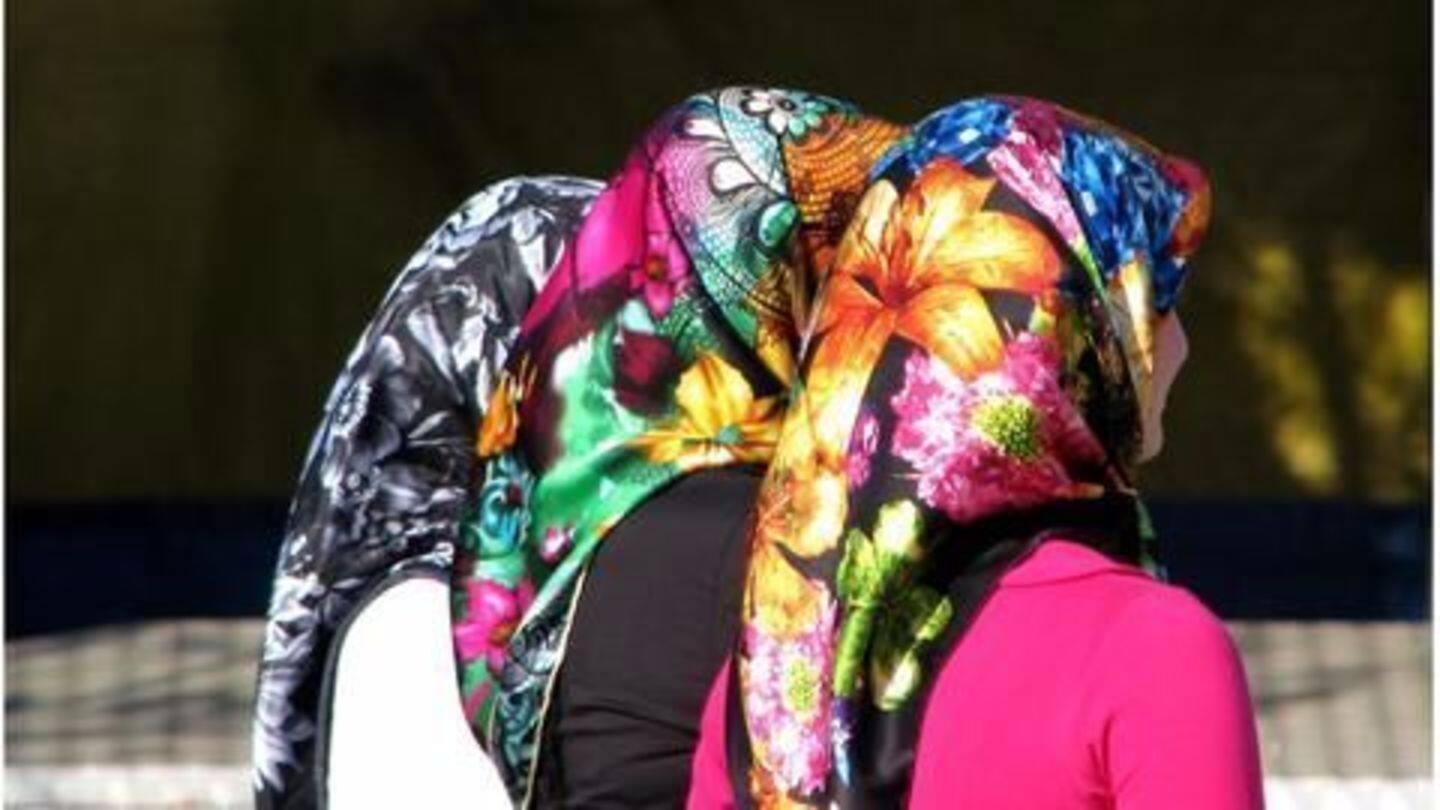
European Court allows employers to ban headscarves
What's the story
In a landmark-ruling overseeing 2 cases of alleged employee discrimination, the European Court of Justice has ruled that companies are allowed to have rules prohibiting the display of religious symbols. The court however, ruled that companies cannot dismiss employees for sporting religious-symbols unless they formulate such internal policies. The court was giving a joint-judgement on the cases of two women, in France and Belgium.
Quote
The court's reasoning
The ECJ stated that "an internal rule of an undertaking which prohibits the visible wearing of any political, philosophical or religious sign does not constitute direct discrimination," as the rule applies uniformly to all employees of all religions, compelling employees to dress neutrally.
First Case
Samira Achbita, G4S Belgium
The first case concerned Samira Achbita who worked for G4S, Belgium. Achbita was fired in 2006 for refusing to remove her headscarf, which went against the company's internal policy of prohibiting religious symbolism at work. The court said G4S' rule "treats all employees to the undertaking in the same way and without any differentiation," and hence her claim could not constitute discrimination.
Second case
Asma Bougnaoui, Micropole France
In the second case, Asma Bougnaoui was fired from Micropole after one of their customers complained of being embarrassed when Bougnaoui made a presentation wearing a headscarf. The court said Bougnaoui suffered discrimination, saying she was "professionally competent and that an employer appeasing a customer's prejudiced sentiments "cannot be considered a genuine and determining occupational requirement." A French court will rule on the case.
Do you know?
Nike offers 'Pro Hijab' for Muslim athletes
Nike has announced a special-hijab for female Muslim athletes, made of lightweight, breathable fabric. It will be released in 2018. This is a welcome development for many women, who had to play in cotton hijabs that retain water and get damp with sweat.